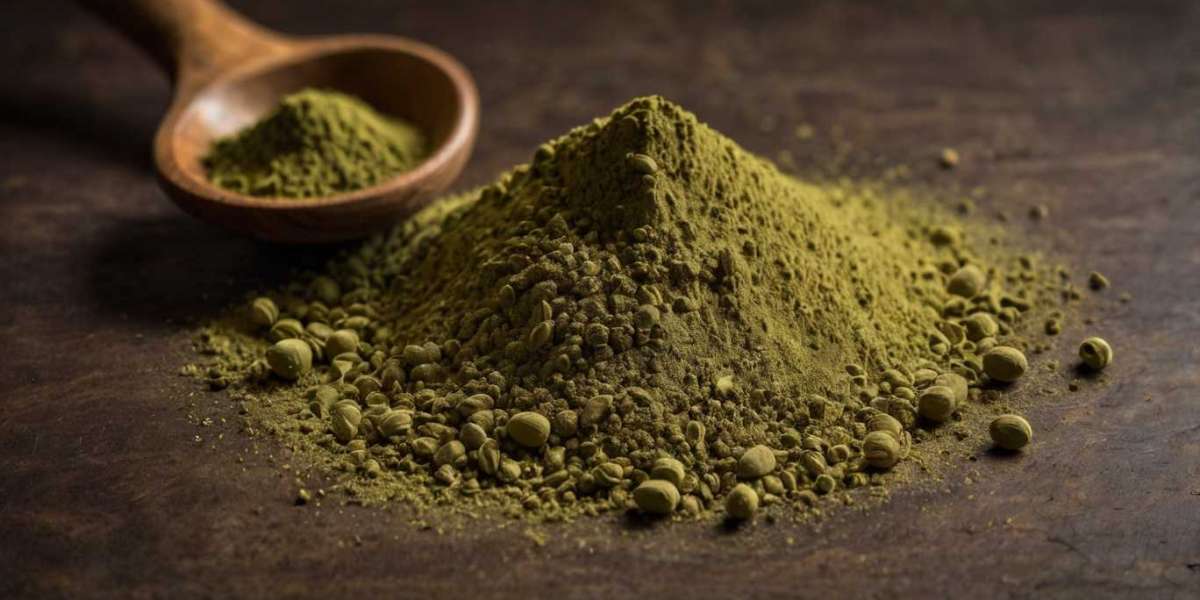Kratom, also known as Mitragyna speciosa, is a tropical tree native to Southeast Asia. For centuries, traditional healers in countries like Indonesia, Thailand, and Malaysia have used kratom leaves for their medicinal properties. In recent years, kratom has gained popularity in the United States as an herbal supplement for various health conditions. However, there is still much debate and controversy surrounding its safety and efficacy. In this article, we will delve into the uses, benefits, risks, and legal status of kratom.
If you loved this informative article and you would want to receive more details about Powerful kratom extract comparison (reddit.com) please visit our webpage. What is Kratom?
Kratom is a member of the coffee family and its leaves contain compounds called alkaloids, including mitragynine and 7-hydroxymitragynine. These alkaloids interact with receptors in the brain to produce a range of effects, including pain relief, relaxation, and stimulation. Depending on the strain and dosage, kratom can act as a stimulant or a sedative.
Traditional Uses of Kratom
In Southeast Asia, kratom has been used for centuries for its medicinal and recreational properties. Traditional healers brew kratom leaves into a tea or chew the leaves to alleviate pain, boost energy, and lift mood. In Thailand, workers have used kratom as a natural alternative to coffee to increase productivity and focus.
In addition to its stimulant effects, kratom has also been used as a traditional remedy for cough, diarrhea, and opioid withdrawal symptoms. In some cultures, kratom is even considered a sacred plant with spiritual significance.
Health Benefits of Kratom
Kratom has gained popularity in the West for its potential health benefits. Users of kratom claim that it can help with a variety of conditions, including chronic pain, anxiety, depression, and opioid addiction. Some of the key benefits of kratom include:
- Pain Relief: Kratom is known for its analgesic properties and is often used as a natural alternative to prescription painkillers. The alkaloids in kratom interact with pain receptors in the brain to provide relief from chronic pain conditions like arthritis, fibromyalgia, and migraines.
- Mood Enhancement: Kratom can boost mood, increase motivation, and enhance cognitive function. Many users report feeling more positive, focused, and alert after taking kratom.
- Energy Boost: Certain strains of kratom, like Maeng Da and Thai, have stimulant effects that can increase energy levels and productivity. This makes kratom popular among students, athletes, and professionals looking for a natural way to stay alert and focused.
- Anxiety and Depression: Kratom has anxiolytic and antidepressant properties that can help with symptoms of anxiety and depression. Some users find that kratom provides a sense of calm and relaxation without the side effects of prescription medications.
- Opioid Withdrawal: Kratom has been used as a natural remedy for opioid withdrawal symptoms, such as cravings, insomnia, muscle aches, and anxiety. The alkaloids in kratom interact with opioid receptors in the brain to reduce withdrawal symptoms and cravings.
Risks and Side Effects of Kratom
While kratom has potential health benefits, it also carries risks and side effects that should not be ignored. Some of the common risks associated with kratom use include:
- Addiction: Kratom contains addictive compounds that can lead to physical dependence and withdrawal symptoms with long-term use. Regular users may develop a tolerance to kratom, requiring higher doses to achieve the desired effects.
- Overdose: High doses of kratom can cause respiratory depression, seizures, and coma. Combining kratom with other substances, such as alcohol, opioids, or sedatives, can increase the risk of overdose.
- Health Risks: Kratom has been linked to liver damage, kidney failure, and other serious health problems in some users. Certain strains of kratom have been found to be adulterated with contaminants, such as heavy metals and salmonella, which can pose health risks.
- Withdrawal Symptoms: Abrupt discontinuation of kratom can lead to withdrawal symptoms, such as irritability, insomnia, muscle aches, and nausea. Users should taper off gradually to minimize withdrawal effects.
- Drug Interactions: Kratom can interact with medications, such as antidepressants, antipsychotics, and blood thinners, leading to adverse reactions and side effects. Users should consult with a healthcare provider before using kratom if they are taking other medications.
Legal Status of Kratom
The legal status of kratom varies by country and state, with some jurisdictions banning or regulating its use. In the United States, kratom is currently legal at the federal level but banned in certain states, such as Alabama, Arkansas, Indiana, Rhode Island, Vermont, and Wisconsin. The U.S. Drug Enforcement Administration (DEA) has classified kratom as a "Drug of Concern" due to its potential for abuse and addiction.
In countries like Thailand and Malaysia, kratom is classified as a controlled substance and its cultivation, possession, and sale are illegal. In other countries, such as Canada and Australia, kratom is legal for personal use but regulated as a natural health product or herbal supplement.
Conclusion
Kratom is a controversial herbal supplement with potential health benefits and risks that should be weighed carefully. While kratom has been used for centuries in traditional medicine, more research is needed to understand its full spectrum of effects and safety profile. Users should be aware of the potential risks of kratom, including addiction, overdose, and health problems, and consult with a healthcare provider before using it for medicinal purposes.
As the popularity of kratom continues to grow, it is important for policymakers, healthcare providers, and consumers to have accurate information about its uses, benefits, risks, and legal status. By promoting responsible use and education, we can ensure that kratom is used safely and effectively for those who may benefit from its medicinal properties.








